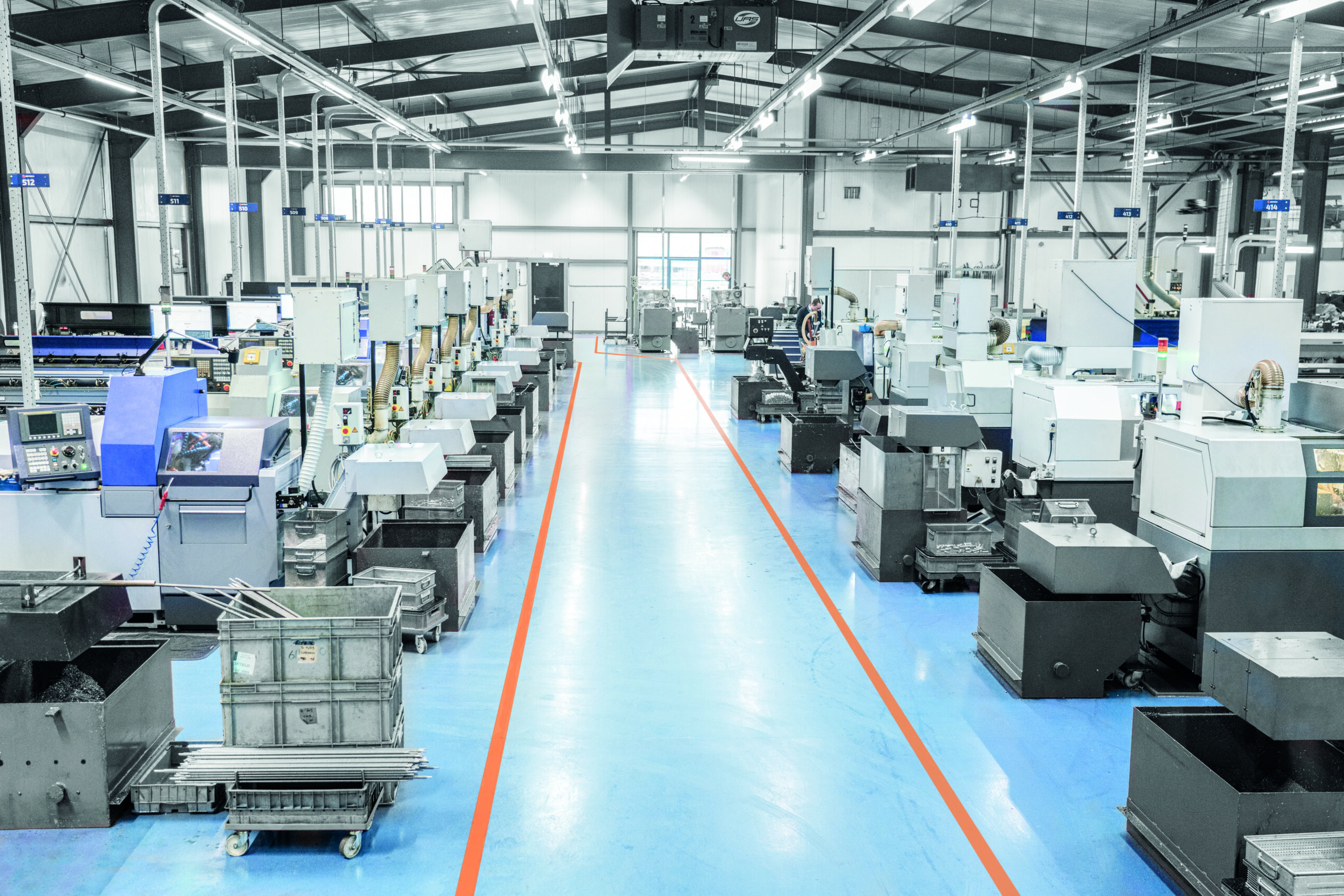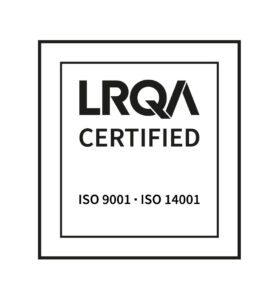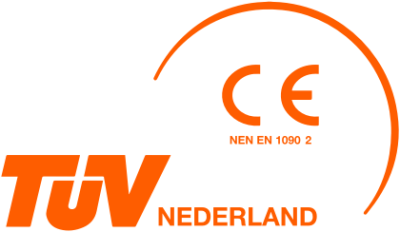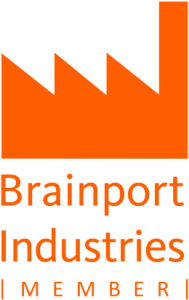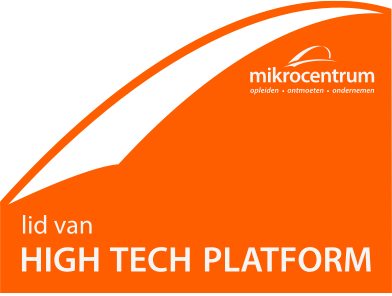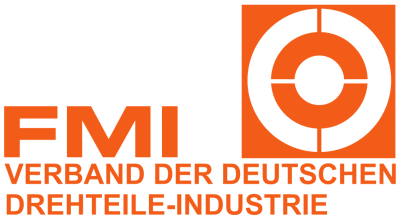Nearshoring is a term that is used more and more these days. This has everything to do with the increasing popularity of nearshoring. More and more organizations decide to use this method within their strategic procurement. But what exactly does nearshoring entail? And what are the benefits that come with it?
What is nearshoring?
By nearshoring we mean outsourcing specific activities to another, nearby organization. An important observation here is that it concerns an organization from another country. This then concerns a country that is relatively close to the country in which the organization itself operates. Nearshoring therefore involves moving work to a country that is closer to one’s own country. In that respect there is an important difference with the term ‘offshoring’.
The difference between offshoring and nearshoring
The big difference with offshoring is that offshoring is moving work to any other potential country. The country in question therefore does not have to be ‘nearby’. In many cases, an organization within Europe often chooses to outsource work in, for example, Asia when offshoring.
In recent years, many European organizations have increasingly opted to produce and outsource in Western Europe. The high transport costs, political unrest, the sensation after the Suez Canal incident and the Chip crisis have, among other things, ensured that companies have taken a closer look at their strategic purchasing and opted for Made In Europe instead of Made In China. At Betech we even proudly proclaim ‘Made In Holland’. Recently, Warehousetotaal also reported that nearshoring in Europe is growing by double digits and that robotisation is an important part of this./span>
Why choose for nearshoring? 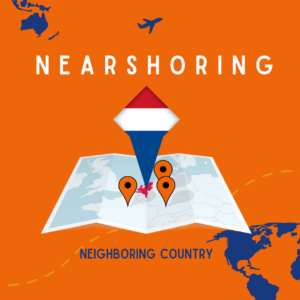
It is not without reason that many organizations decide to opt for nearshoring. The benefits are simply quite large. Let’s list the main benefits of nearshoring:
Lower or equal production costs:
One of the biggest benefits of nearshoring is that it often goes hand in hand with a lower total cost of procurement. When there are relatively low wages and/or easier working conditions in the country of origin, the initial production costs may in some cases be lower, but the costs of transport, quality management, pre-financing, delivery reliability and order management ensure that the total production costs are higher. It is then recommended to outsource the work to a nearby country, so that product quality, flexibility and delivery times improve greatly and the total costs of ownership (TCO) go down.
Access to specific expertise:
At the same time, thanks to nearshoring, you have access to highly specific expertise. It is not the case that every country has the same amount of knowledge about the relevant subjects. In European countries, people have been developing production processes and expanding relevant knowledge for some time. The level of knowledge and quality is considerably higher. This gives you as an organization an extra reason to opt for a ‘shortcut’, as it were. Why make it difficult when it can be done easily?
Minimal time differences:
An advantage of nearshoring over offshoring is that there are often only minimal time differences. This makes it a lot more convenient to steer operational matters in the right direction. A time difference of, for example, 10 hours often causes delays and unnecessary problems. With nearshoring you are much more aligned in terms of working hours, which makes countless business processes more efficient in the long term.
Optimal communication possibilities:
It is important that there are very good communication possibilities with organizations in other countries. It definitely helps when you choose a nearby country. Moreover, cultures generally differ only minimally from each other. This also helps to actually understand each other better. Communication is almost always optimal with nearshoring.
Achieving business growth:
Finally, nearshoring is an undervalued way to achieve business growth. Especially when the first two advantages apply. When costs fall and expertise grows at the same time, this leads to better products, access to a larger market and an improved competitive position. It is also easier to scale up production in the case of nearshoring.
With all these points, it is not difficult to see that nearshoring has a lot to offer. Not every process can be organized more efficiently in Western Europe, but most certainly. Due to the extremely high degree of automation (24/7) within Betech Mass Turning, high-volume mass turning production will in most cases be cheaper than outsourcing in low-wage countries (offshoring), where production takes place entirely in the Netherlands with European resources, materials and quality.




